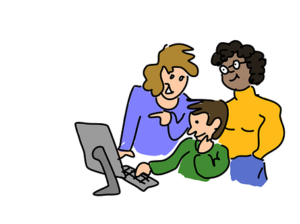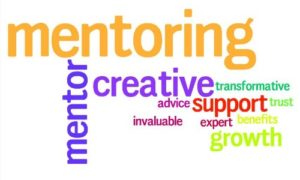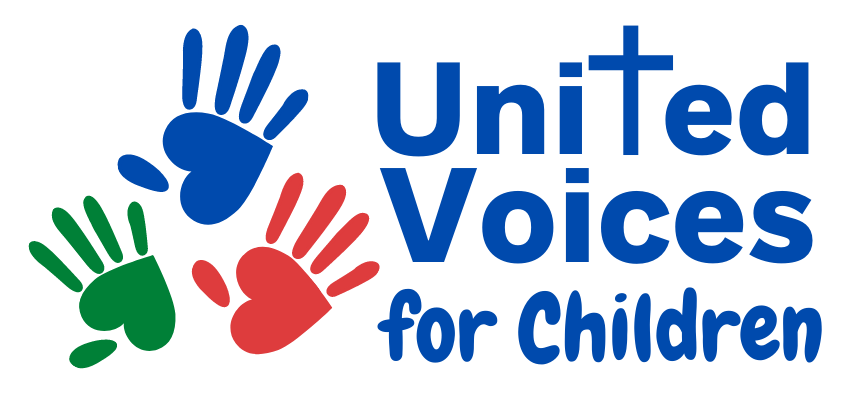To me, mentoring is igniting, engaging and empowering the sacredness of another’s capacity to risk growing.
Introducing valuable skills, acquiring expansive knowledge, and experiencing different people and cultures and are important “instructive” components to mentoring. However, the capacity for mentees to test and integrate healthy, resilient, and promising ways of living become nearly guaranteed when a reliable, supportive, and attentive mentor has modeled and earned the trust to risk being a better person. It is the promoting of trusting, sustaining mentors I hope congregations will be more intentional to develop and grow.
So, how can congregations be deliberate in developing and nurturing mentors?
Background checks are a must! You, your congregation and those who will be mentees deserve to know due diligence has been done to assure safety is a priority.
Have members learn mentoring skills. Learn from those who do this well: Big Brothers/Big Sisters and The Mentoring Project are generally very available.
Identify who could be mentored. Those new to the congregation? Youth? New to parenting? Neighbors in the vicinity? Unemployed? Recently experienced a loss? Foster care children/youth? Foster and families who adopt? Recognizing those who would benefit from a mentoring relationship encourages people to volunteer.
Dedicate time for mentoring engagements. Mentors always need safe spaces to meet with their mentees. Consider: blocking off a day of the week when specific rooms are available for meeting with mentees; a Mentor Week once a month when mentors have church facilities available to meet with mentees; or facilitate mentor-mentees’ group activities for one hour a week where the activities have everyone on a “mutual playing field.”
Recognize mentors and mentees. Plan recognizing those who have learned mentoring skills, been faithful mentors, and those who have been mentored in worship services or other opportunities when congregations gather. January is National Mentor Month.
 Offer mentor reflection groups with a skilled facilitator. Mentors also need to share what they are experiencing and witnessing in and with their mentee, as well as invite others to reflect from their experiences how to engage differently. Have a Mentor for mentors available!
Offer mentor reflection groups with a skilled facilitator. Mentors also need to share what they are experiencing and witnessing in and with their mentee, as well as invite others to reflect from their experiences how to engage differently. Have a Mentor for mentors available!
Offer periodic groups with materials to help spiritually nurture and emotionally ground mentors. Who mentored whom in the bible? Why? What changes took place? Was the community impacted? How? When mentors or mentees experience powerlessness, what is helpful from our faith traditions to recall and engage?
Our faith communities are where people recognize their need for relationship with God and others as well as the need to nurture these relations with love, the truth that we are valued and worthy of respect, and that we are to bring ourselves to a hurting, hungering and healing-seeking world. These recommendations can help build a mentoring culture where deep listening with and to others will reflect what they hear from God!
ChildServ is ALWAYS recruiting mentors for our foster care children and youth, those in our DuPage County group homes, and for military personnel and veterans who are transitioning to civilian life. MYSI needs mentors for emerging adults. Rosecrance serves those struggling with substance addictions and seeking to become healthier. Mentors are always needed to help find, test and live new ways of living!
Kim Coffing is the Director of Faith & Community Relations at ChildServ. She also is vice-chair of the UVC board of directors.
